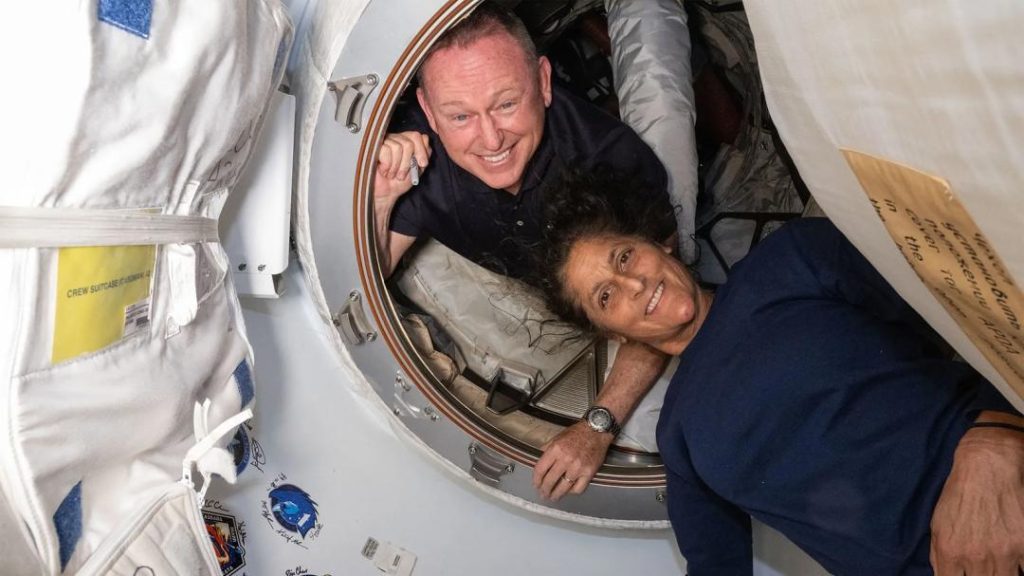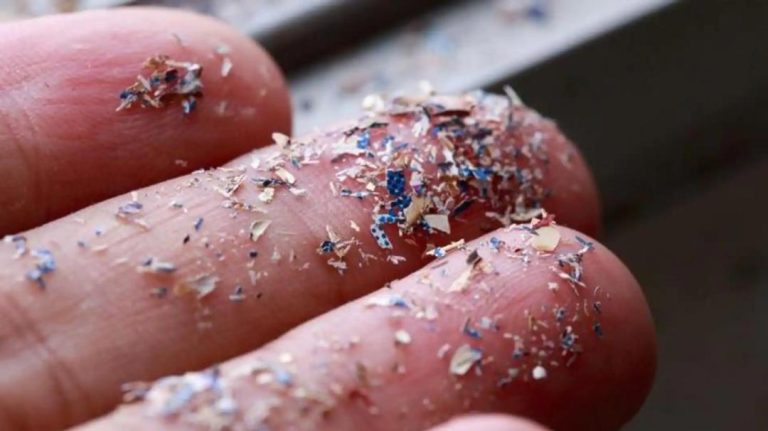
What Challenges Will Sunita Williams and Butch Wilmore Face After Returning to Earth?
The astronauts Sunita Williams and Butch Wilmore have been on a remarkable journey aboard the International Space Station (ISS). As they prepare to return to Earth next week, they are likely to face a series of challenges that will test their physical and mental endurance. The effects of prolonged exposure to microgravity, lack of sleep, and isolation can be overwhelming, and the astronauts will need to be prepared to overcome these hurdles to adjust to life back on Earth.
One of the most significant challenges that Sunita Williams and Butch Wilmore will face is the effect of microgravity on their bodies. Prolonged exposure to space can cause a range of physiological changes, including loss of bone density, muscle atrophy, and vision impairment. According to NASA, astronauts can lose up to 20% of their bone density in just six months in space. This can lead to muscle weakness, joint pain, and a higher risk of fractures.
To counteract this loss, astronauts undergo a rigorous exercise program while in space. They use specialized equipment, such as the ARED (Advanced Resistive Exercise Equipment) machine, to perform resistance exercises that help maintain muscle mass and bone density. However, even with these measures in place, the loss of bone density can be significant, and astronauts often experience joint pain and stiffness upon their return to Earth.
Another challenge that Sunita Williams and Butch Wilmore will face is the effect of microgravity on their circulatory system. In space, blood vessels expand due to the lack of gravity, which can lead to a loss of blood volume. This can cause a range of symptoms, including dizziness, nausea, and even fainting. Astronauts must be careful to rehydrate and re-orient themselves to the gravitational forces of Earth to avoid these symptoms.
The article published in Hindustan Times highlights the challenges that Sunita Williams and Butch Wilmore will face upon their return to Earth. According to the article, the astronauts may experience “baby feet” due to the loss of blood volume in space. This can cause swelling in the feet and ankles, which can be uncomfortable and even painful. The article also notes that the astronauts may feel dizzy, experience nausea, and even faint due to the loss of blood volume.
Furthermore, the article mentions that the astronauts may have to deal with the psychological effects of their space journey. Prolonged exposure to space can cause a range of mental health issues, including anxiety, depression, and sleep disturbances. Astronauts must be prepared to deal with these challenges and seek support from their colleagues and medical professionals.
In addition to these physical and mental health challenges, Sunita Williams and Butch Wilmore will also face the challenge of re-adjusting to life on Earth. The transition from the microgravity environment of the ISS to the gravitational forces of Earth can be disorienting, and astronauts must be careful to avoid injury or illness during this period.
In conclusion, Sunita Williams and Butch Wilmore have been on an incredible journey aboard the ISS, and their return to Earth will be a significant challenge. The effects of microgravity, lack of sleep, and isolation can be overwhelming, and the astronauts will need to be prepared to overcome these hurdles to adjust to life back on Earth. With the support of their colleagues, medical professionals, and loved ones, Sunita Williams and Butch Wilmore will be able to overcome these challenges and return to their normal lives.






